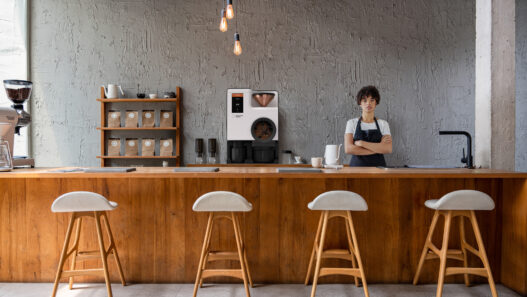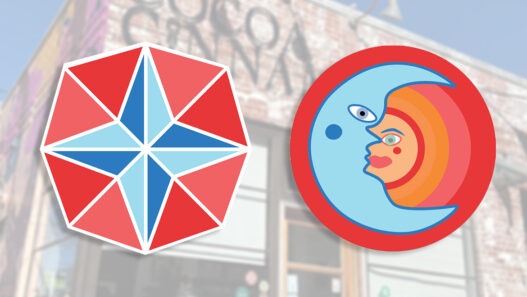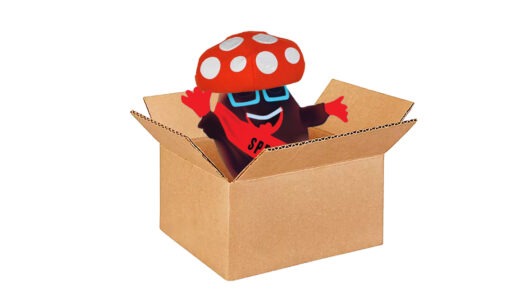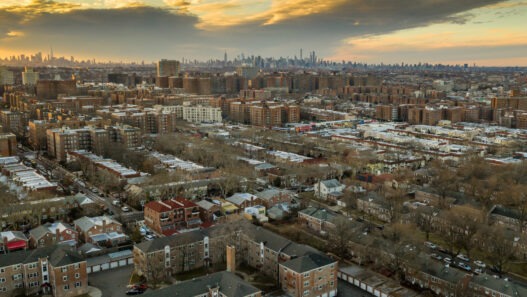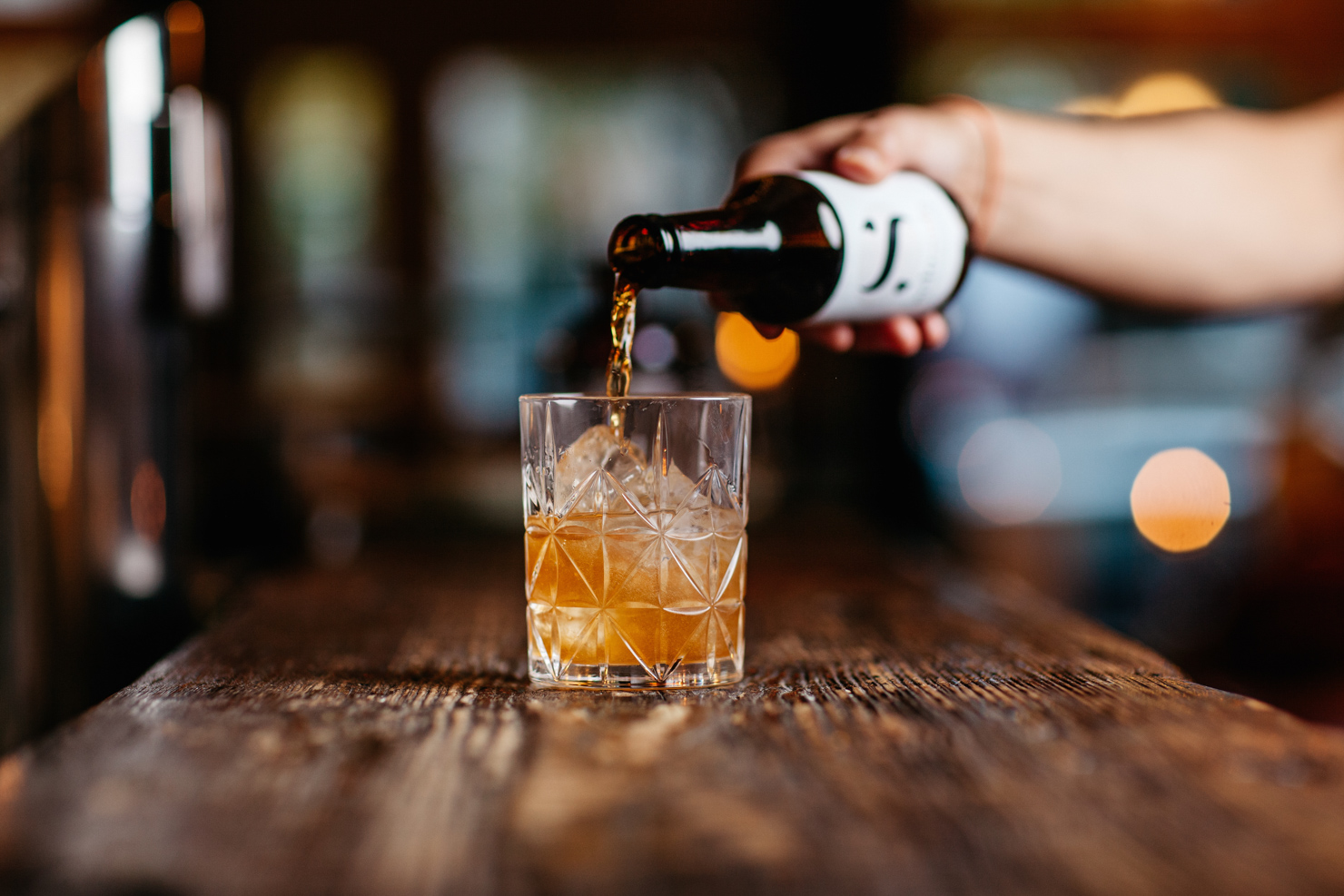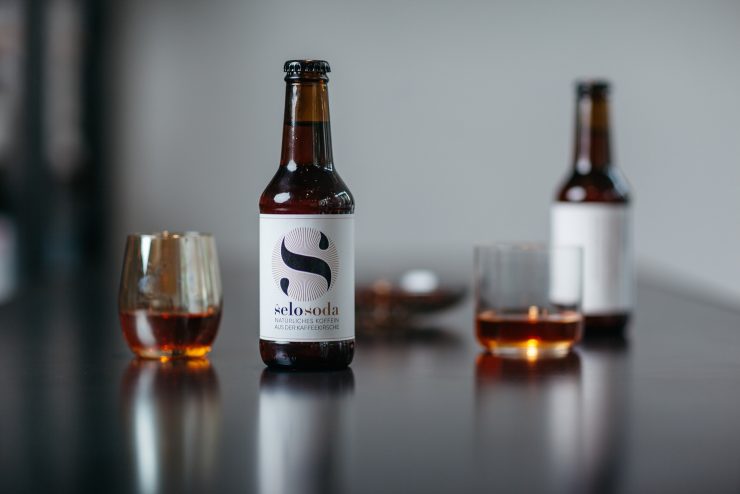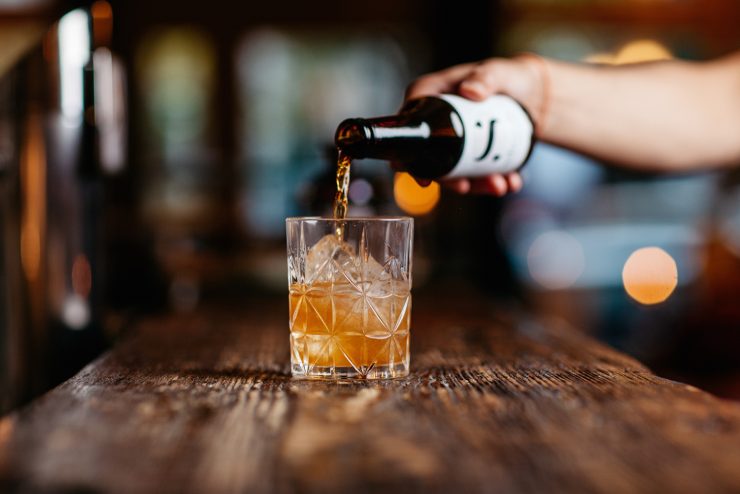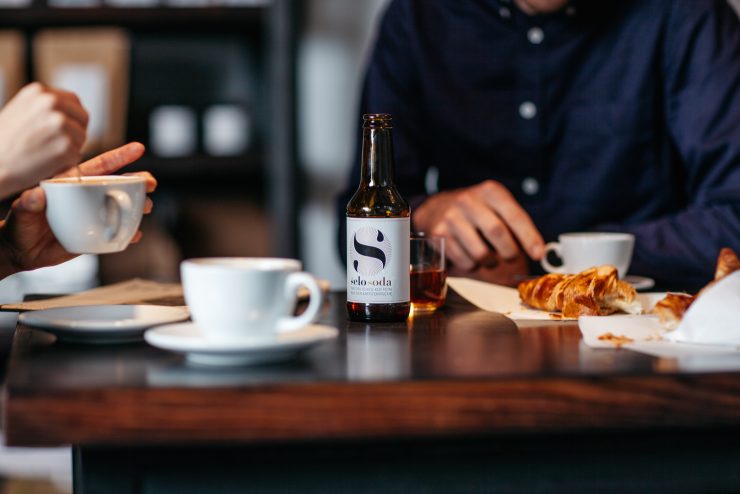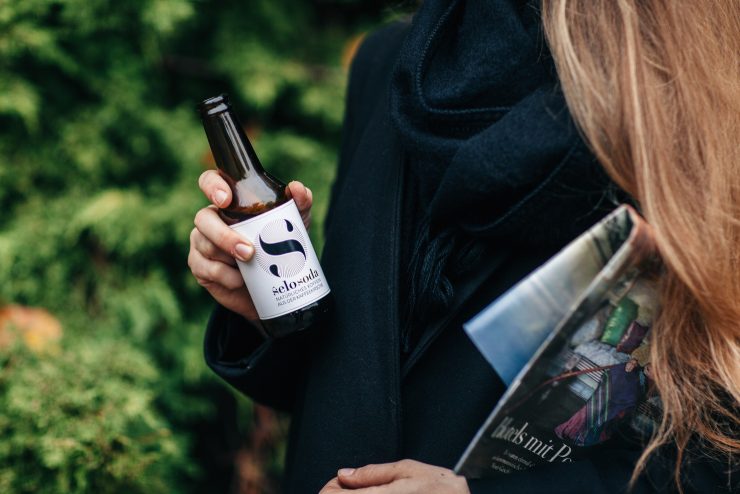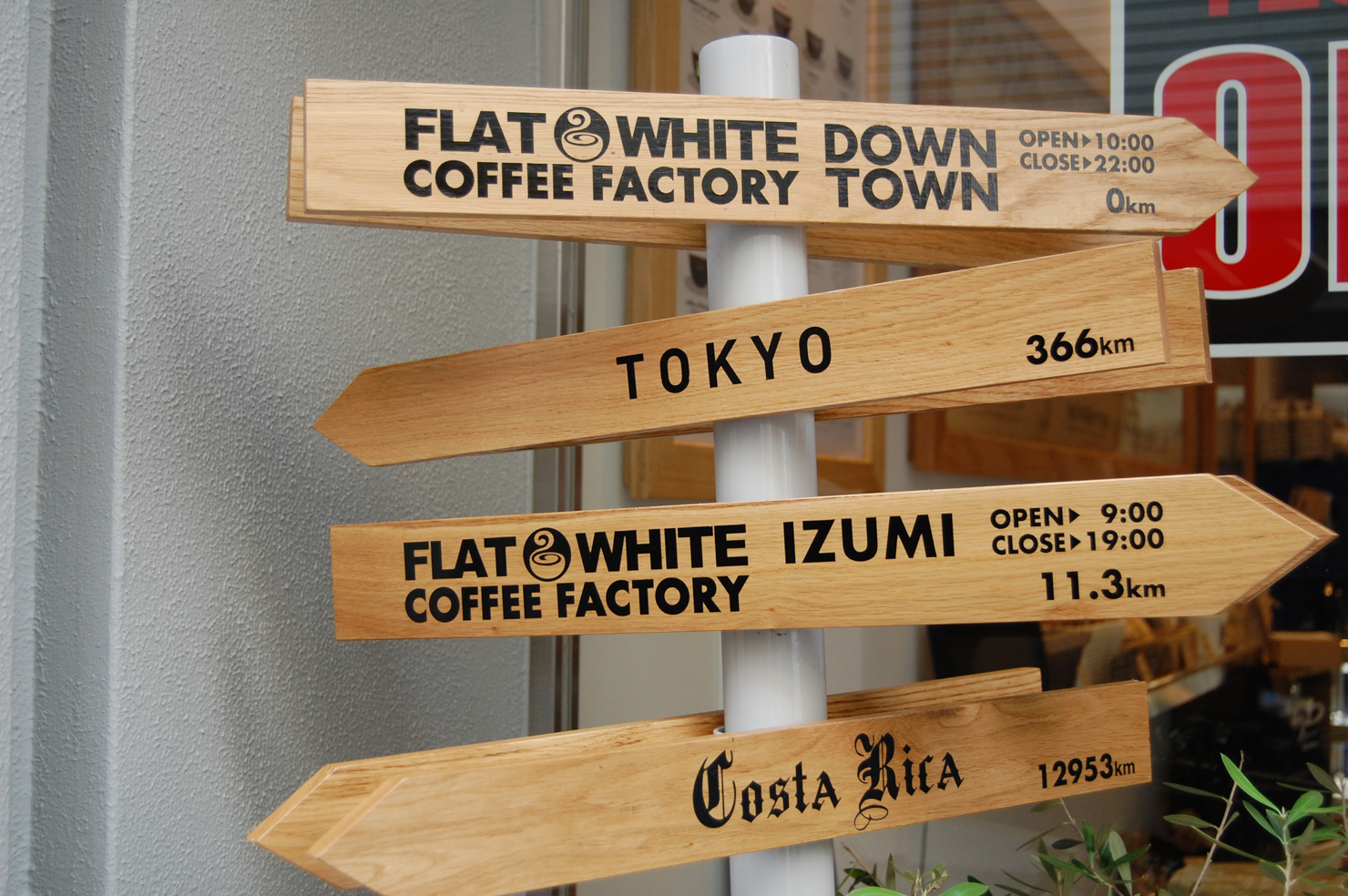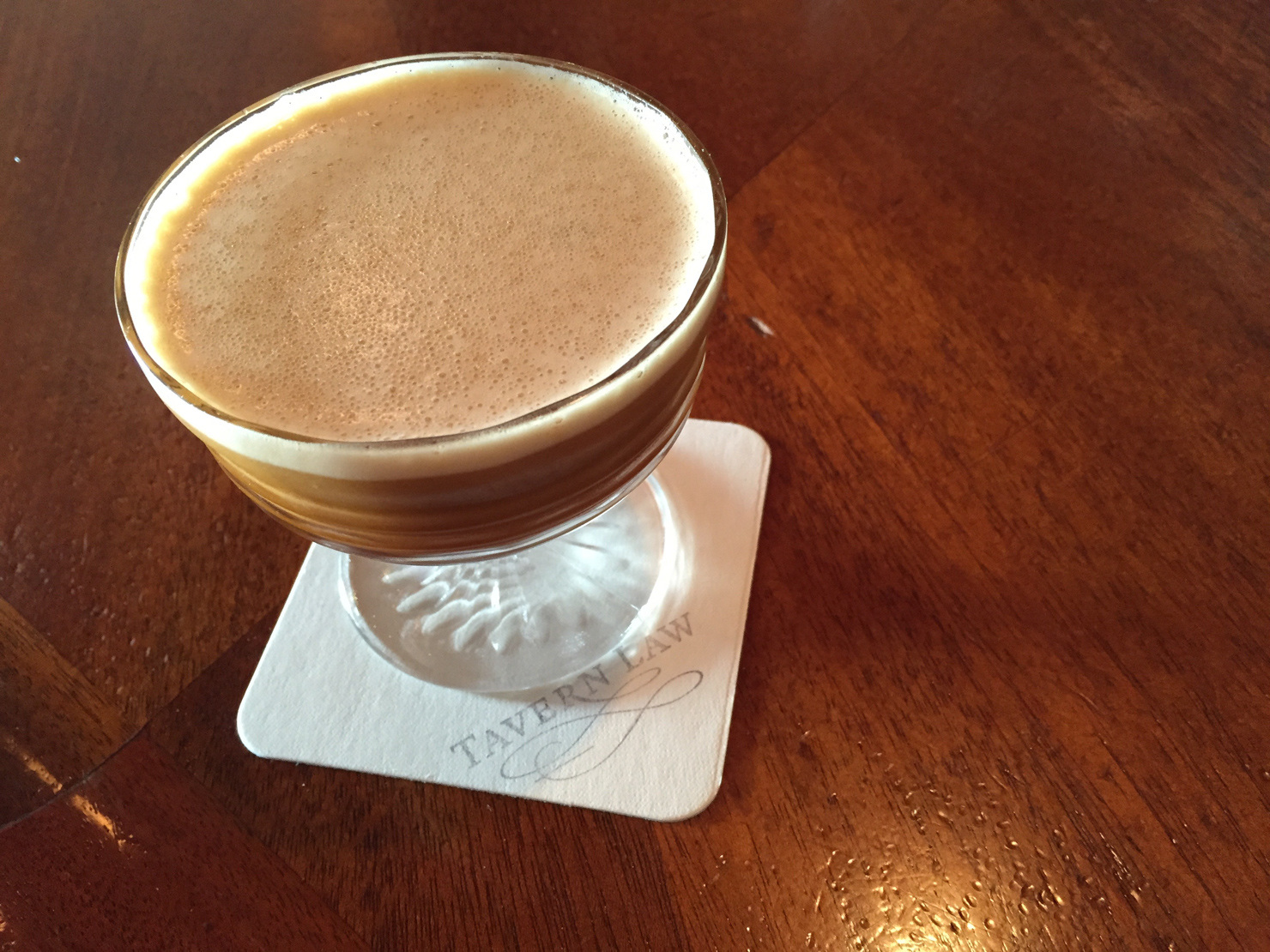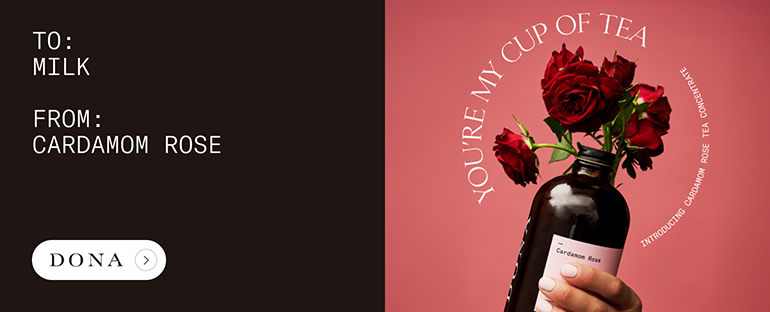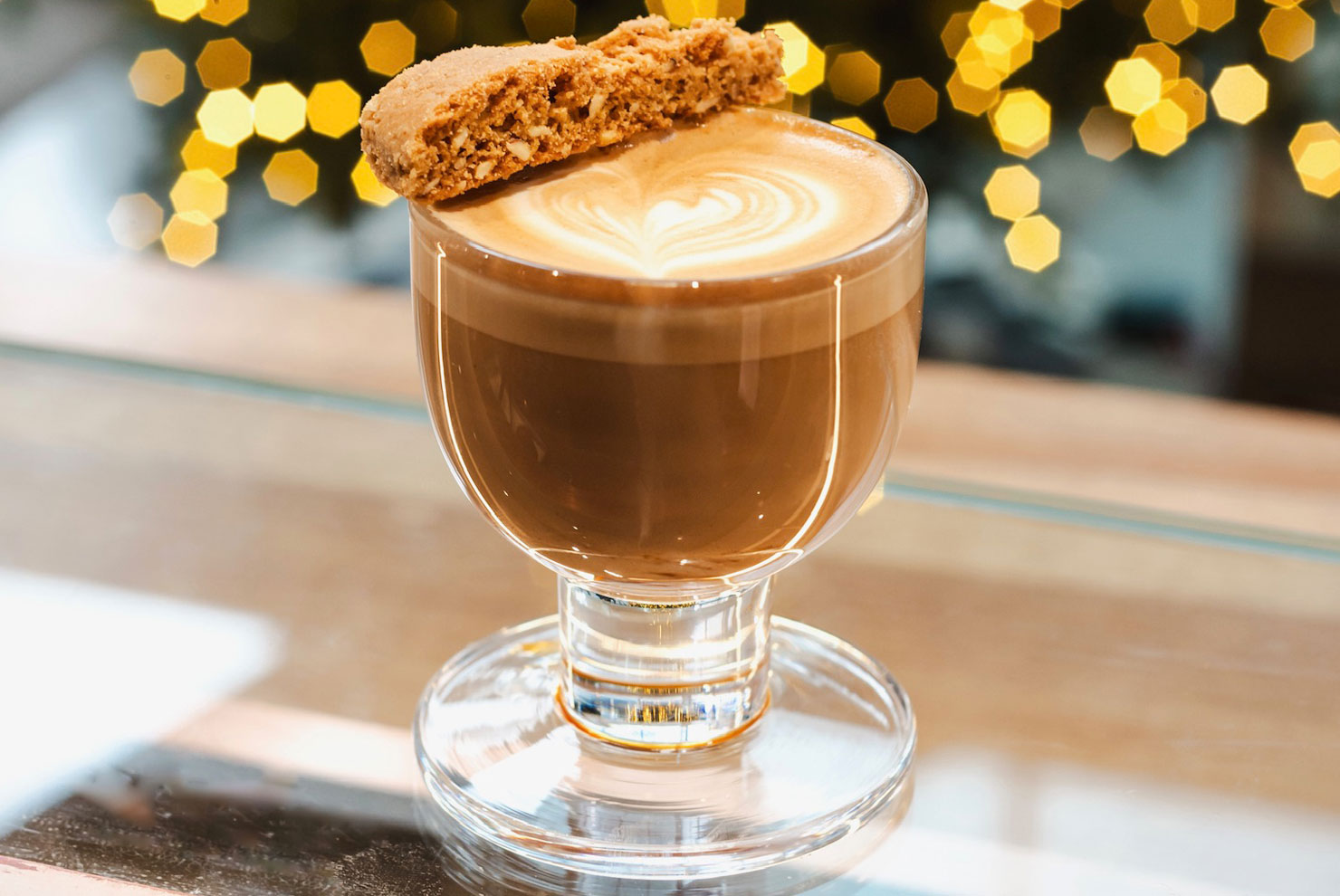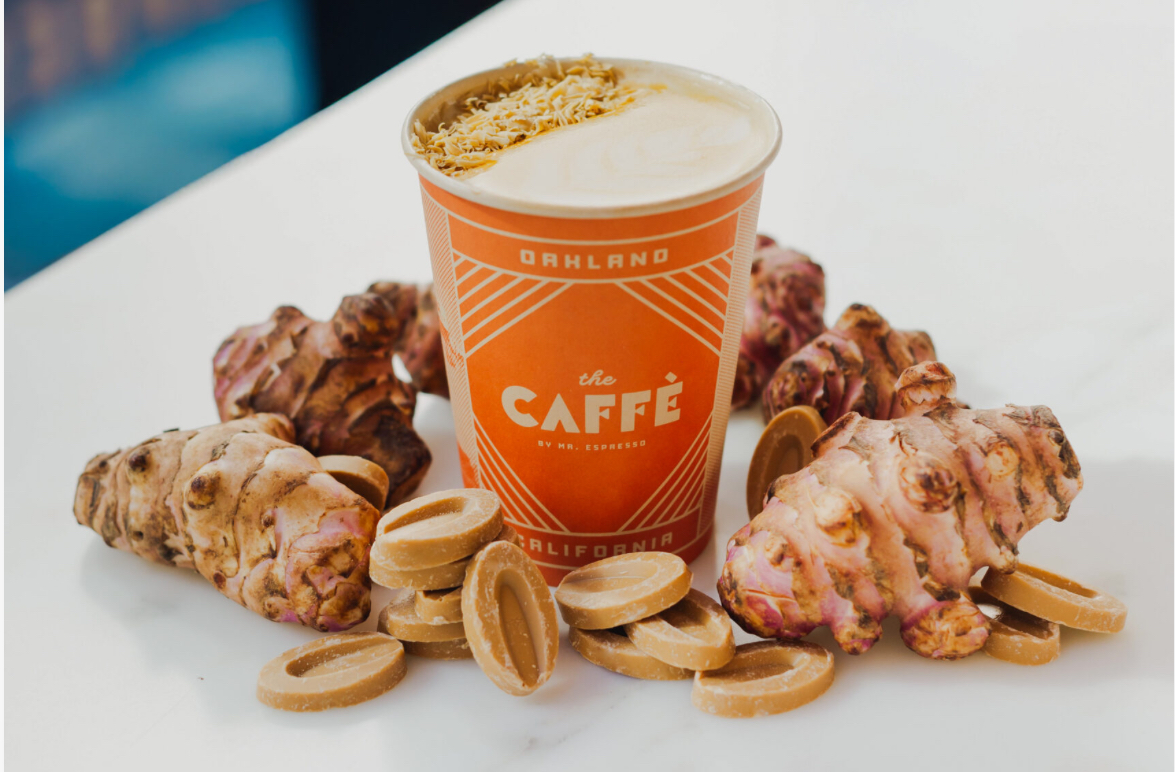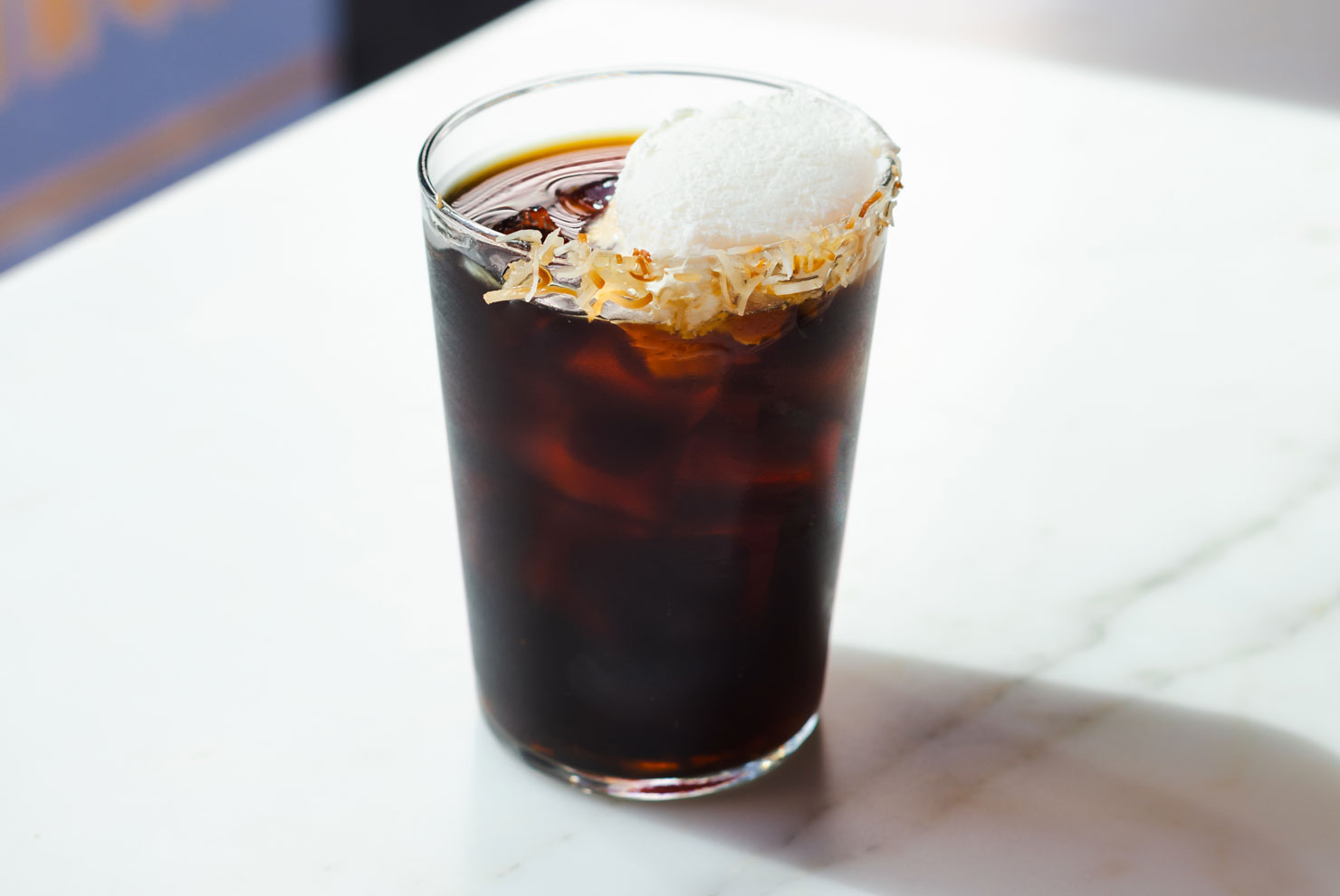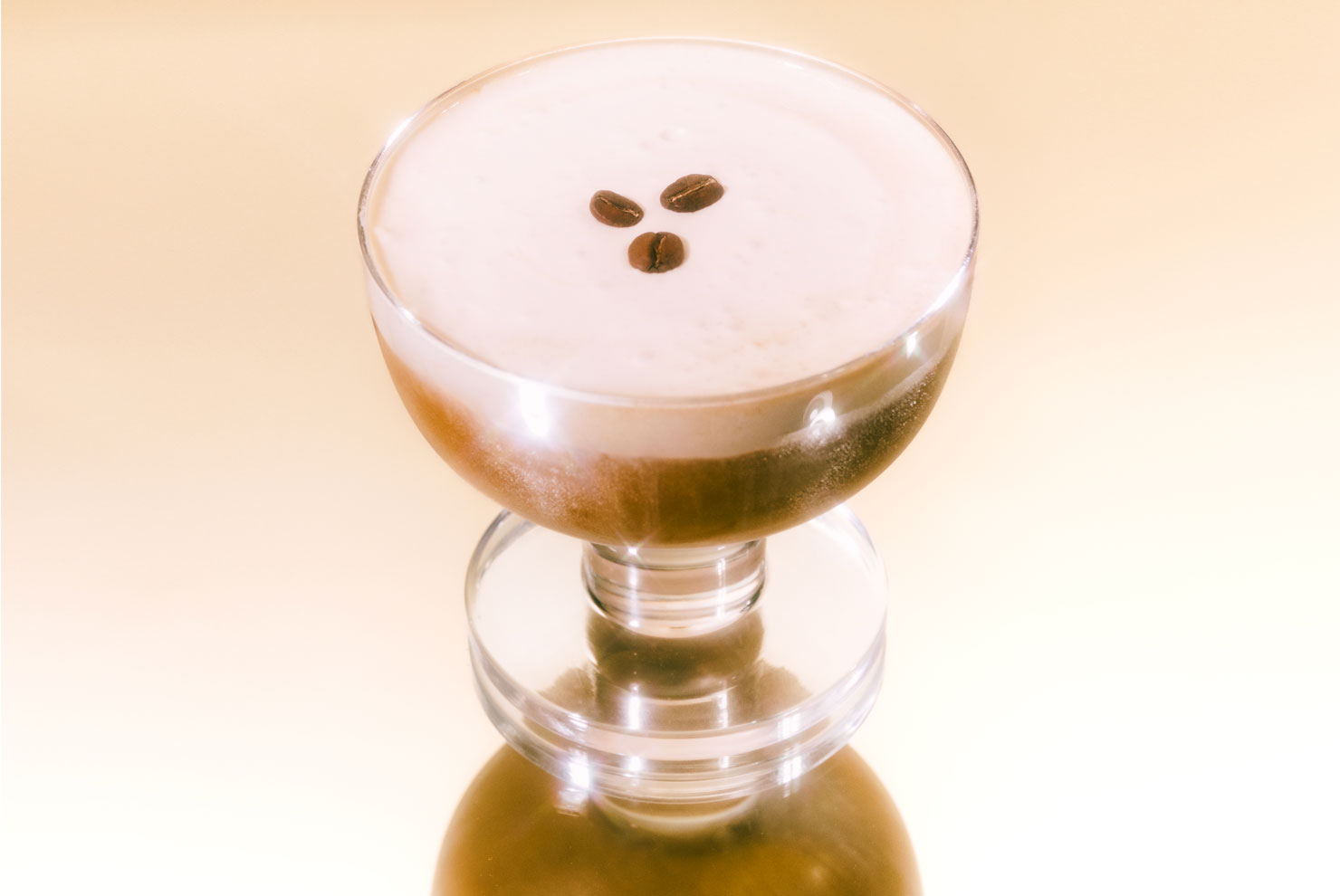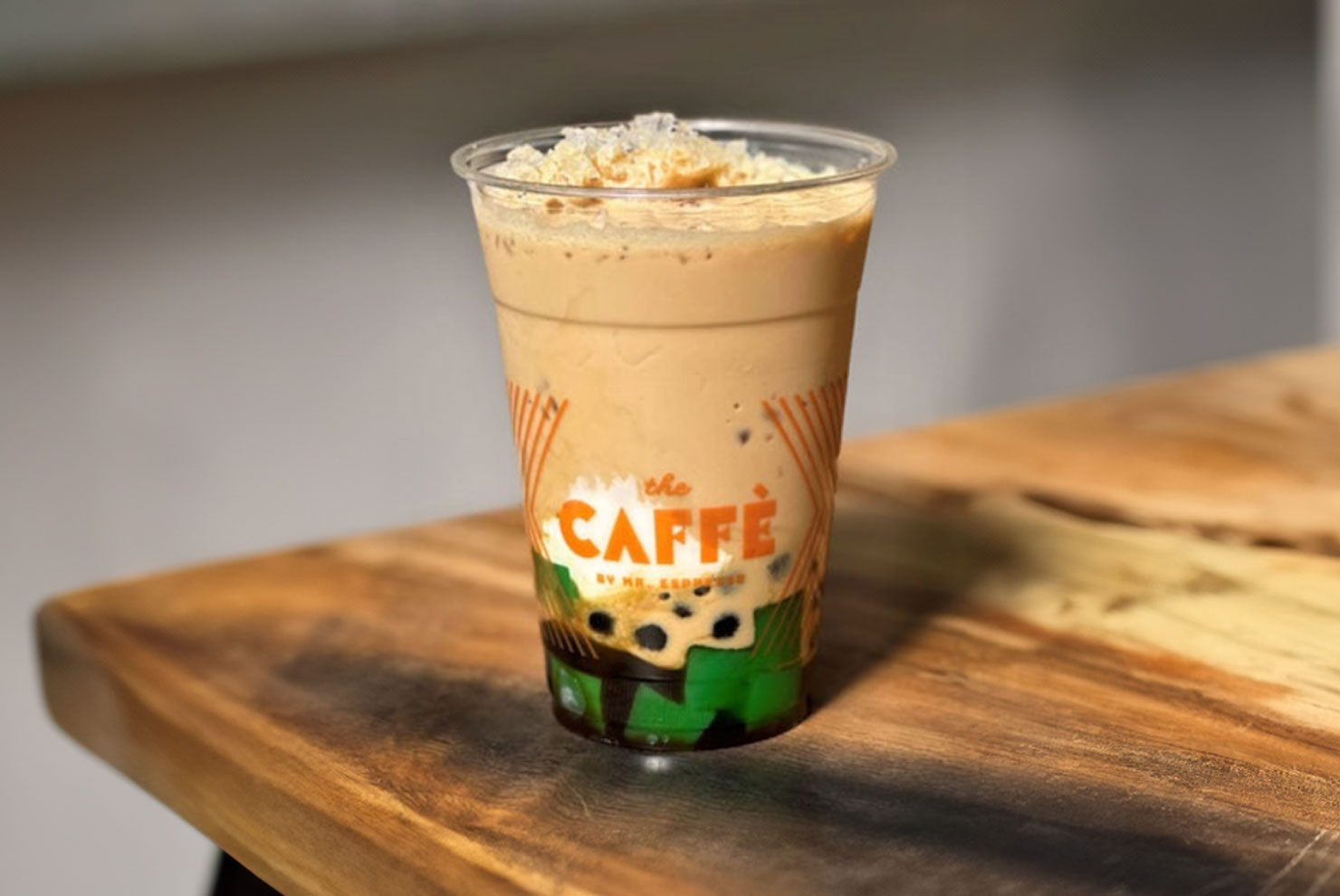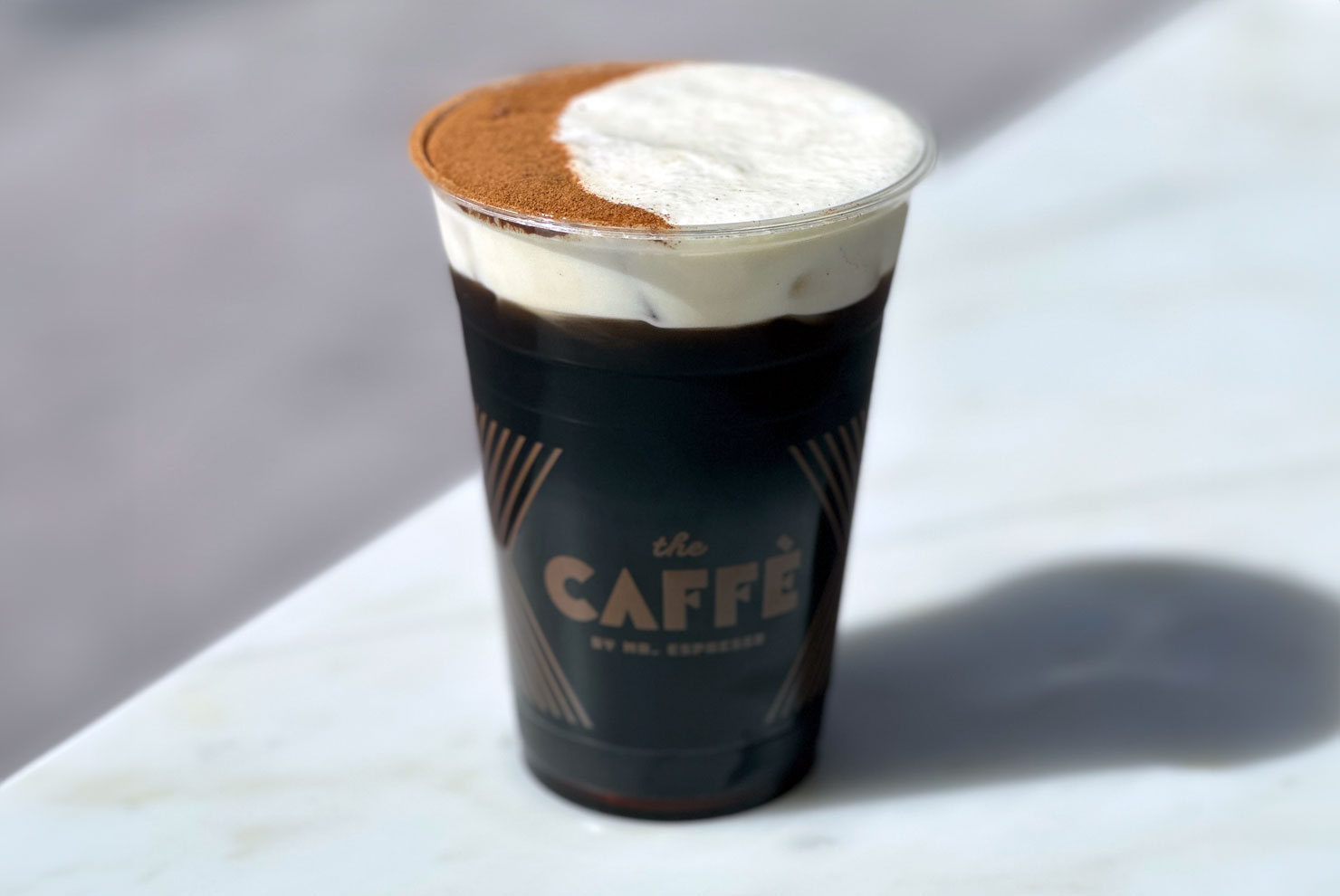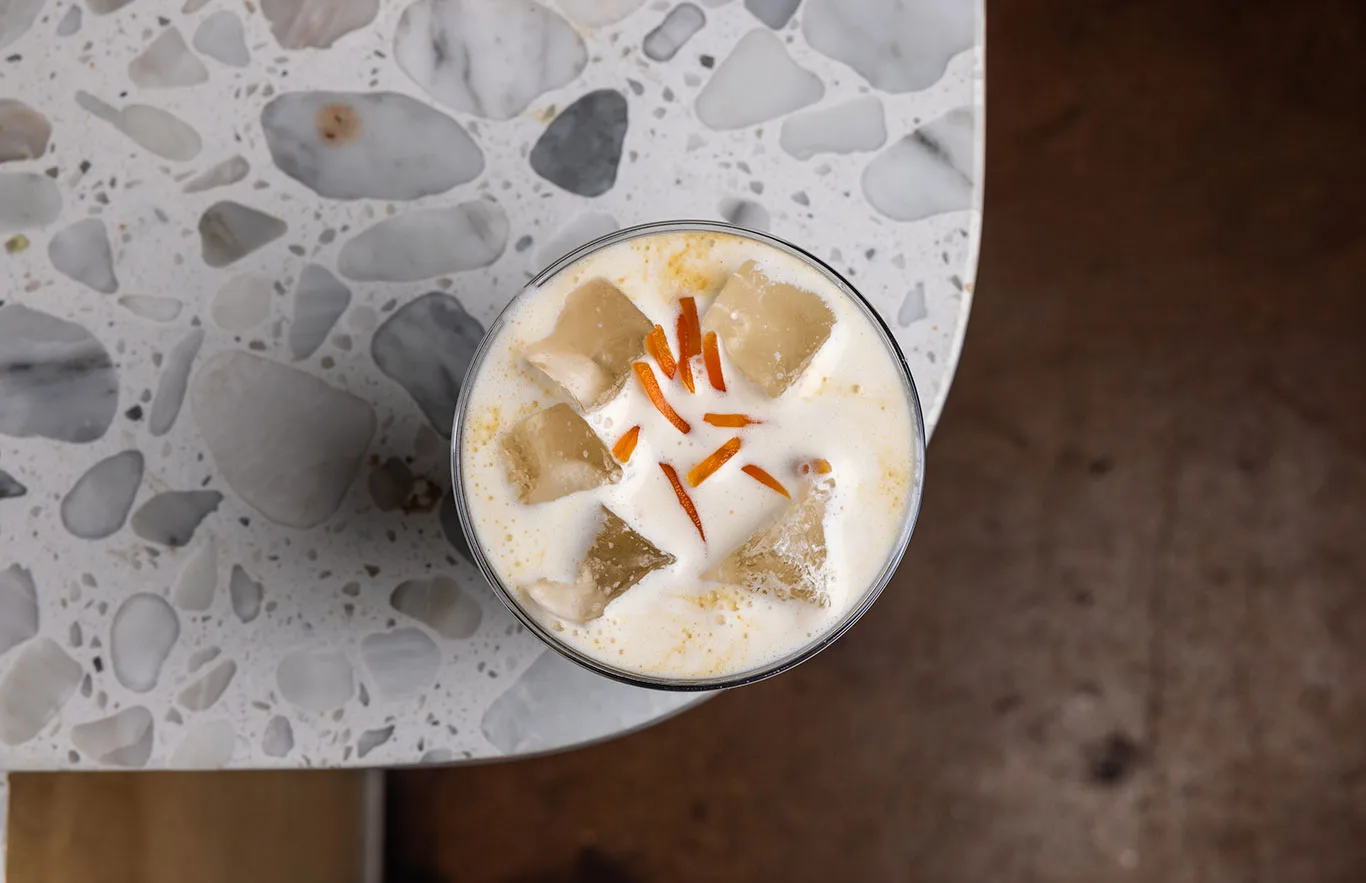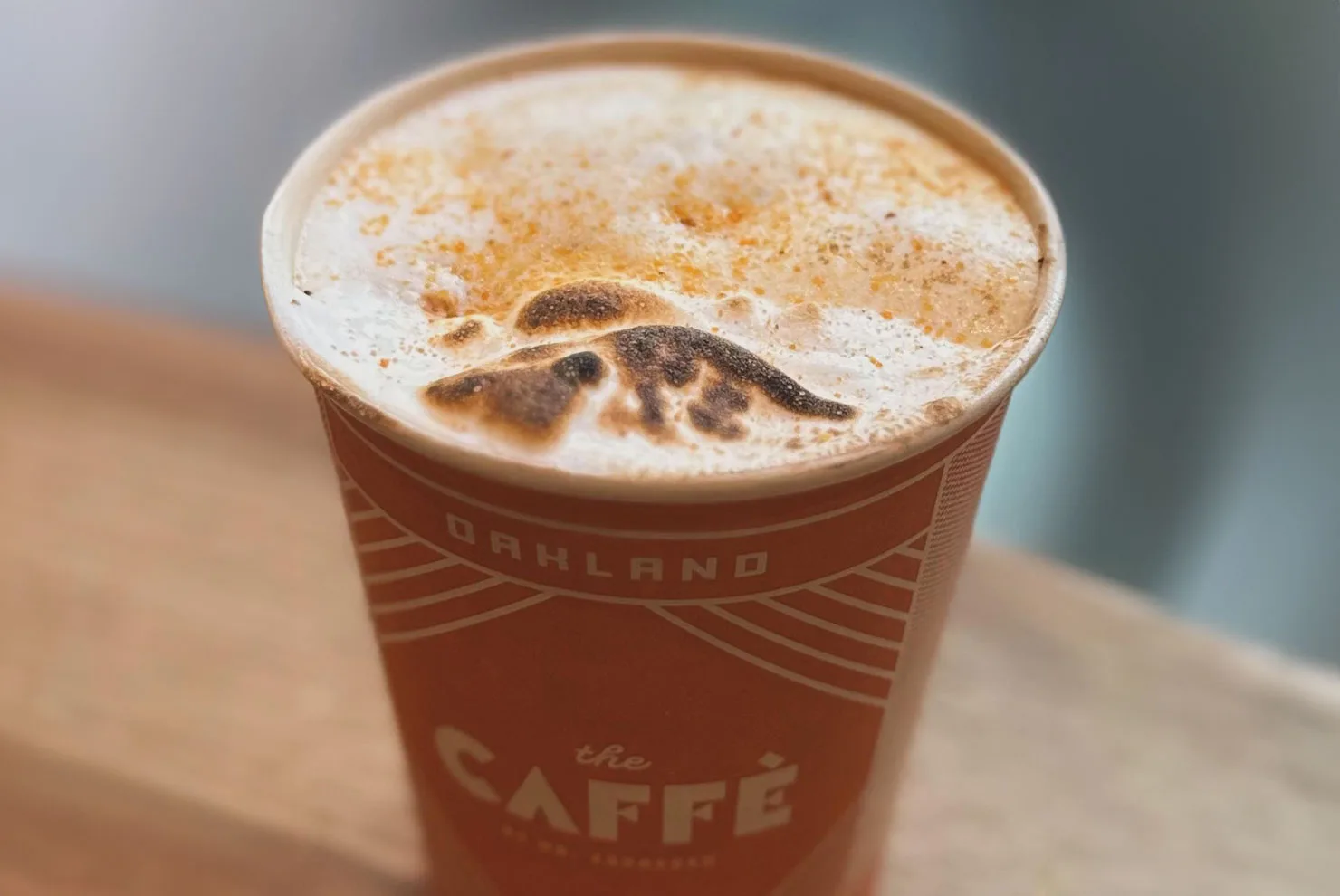Coffee is a fruit, and you can use almost every part of it to make something delicious. For example: cascara, the (usually discarded) coffee cherry husk that’s part of the coffee plant (actually a drupe). You may of heard of cascara being sold as “coffee cherry tea” in specialty coffee shops around the world; Sprudge has been covering the drink since 2010, and in recent months we’ve seen it made into gummy candies, fermented kombucha, and cherry lemonade, to name just a few. Now a small startup based in Berlin, Germany is marketing bottled cascara as a naturally caffeinated and naturally sweet soda, called ŝelosoda.
Laura Zumbaum, inventor and founder of ŝelosoda—or “selo” as she fondly calls it—tells me her drink is based on the hot extraction of the coffee cherry, with a homogenous movement, a consistent temperature control, and finally a clear filtration while brewing. The only added ingredients are carbon dioxide and organic citrus; there is no added sugar. The result is a tart but sweet refreshment with a caffeine kick—around 43 milligrams of caffeine per bottle, says Zumbaum, which is the equivalent of a double shot of espresso.
Laura Zumbaum has a background in specialty coffee, and tried many varieties of cascara before settling on fruit from Graciano Cruz, proprietor of the revered Los Lajones Estate in Boquete, Panama. His fruit offered the clean, intense floral notes and the aromatic sweetness they she and her team at ŝelosoda were looking for. The coffee cherries come from Yellow Catuai fruit, dried over 11 days on raised drying beds at the slopes of the Barú volcano in Boquete before being shipped to Germany.
The bottling of ŝelosoda then happens in a family-run production site in southern Germany, and packaging is thoroughly German as well, a process that involves upcycling small beer bottles from the 1960s (after a thorough cleaning, of course). In Germany, reusing bottles—up to 50 times—is not uncommon, and in the case of ŝelosoda, glass is the perfect packaging from a product and design perspective.
As cascara products become more common, one of the biggest attractions is just how diverse these products are, serving a broad range of consumer markets from coffee nerds to energy seekers and cocktail wonks. Right from the beginning, the inventors of ŝelosoda wanted their product to be available not only in coffee bars, but in cafes, cocktail houses, and restaurants. Today the soda is served in Berlin at various Third Wave coffee shops, like Oslo Kaffeebar, Nano Kaffee, and Companion Coffee, and in Munich and Hamburg at spots like Mahlefitz, Black Delight, and Less Political. At Bandol sur Mer, a chic French restaurant off Berlin’s Torstraße, it’s offered as a non-alcoholic recommendation on the wine list. At BRYK Bar, a cocktail spot in Prenzlauer Berg, it’s served in an intriguing drink that combines ŝelosoda with malt whiskey and salted pale ale syrup (the cocktail’s called “Damn It, I Took The Wrong Pill From Morpheus”).
The drink’s creator is understandably a big fan of how her soda is being served out in the world. “This joy in experimenting, this thinking one step further is a lot of fun,” Zumbaum tells me. “The coffee cherry, being only an extra so far, is more and more turning into a respected supporting actor of the coffee bean.”
In addition to the above shops, ŝelosoda is sold at the boutique Goldhahn & Sampson delicacy store, as well as several of Berlin’s best craft beer shops, including Biererei and Vom Einfachen das Gute. An online store with international shipping is planned for 2016.
Melanie Böhme is a freelance journalist based in Frankfurt, Germany. This is Melanie Böhme’s first feature for Sprudge.









